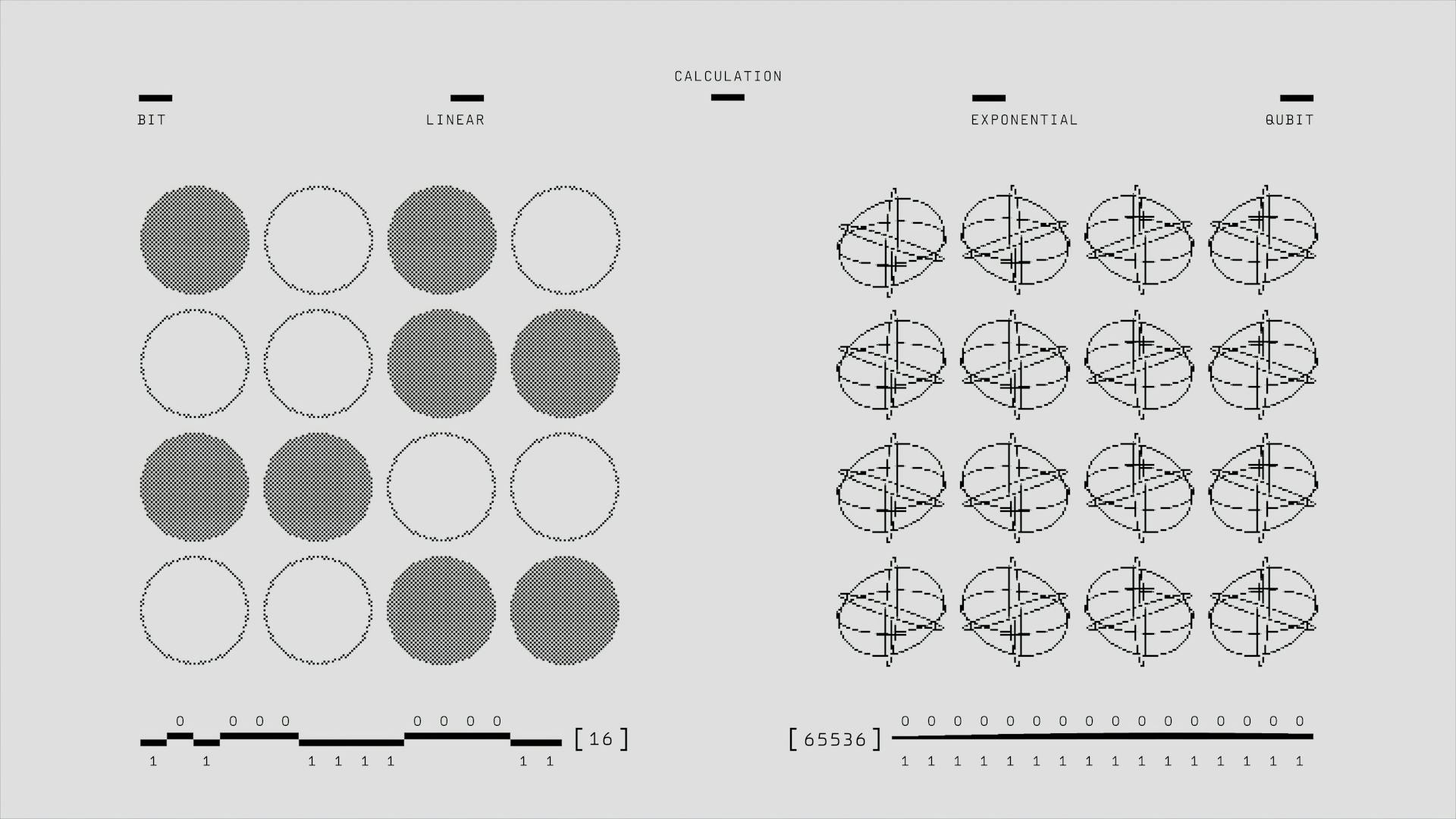
Becoming an informatic nurse is a fantastic career choice for those who want to combine their passion for healthcare with technology. Informatic nurses are in high demand as healthcare organizations seek to leverage technology to improve patient care and outcomes.
To become an informatic nurse, you'll need to earn a Bachelor's degree in Nursing (BSN) and gain experience in a clinical setting. Informatic nurses typically start their careers as registered nurses (RNs) and then pursue advanced education and training in informatics.
With a strong foundation in nursing and informatics, informatic nurses can work in a variety of settings, including hospitals, clinics, and healthcare IT companies. They can also specialize in areas like clinical decision support, health information exchange, and telehealth.
Take a look at this: Informatic Nurse Salary
What is an Informatic Nurse?
An informatic nurse, also known as a nursing informaticist, is a healthcare professional who uses technology to improve patient care and outcomes.
Informatics is the science of using data, information, and knowledge to improve human health and the delivery of healthcare services, according to the American Medical Informatics Association (AMIA).
A unique perspective: Machine Learning for Healthcare Applications
An informatic nurse combines nursing knowledge with informatics to deliver high-quality patient care through efficient management of data and technical systems.
Their goal is to use technology and data analysis to help nursing and other healthcare professionals deliver high-quality patient care and improve patient outcomes and safety.
Informatic nurses focus on improving patient outcomes and patient safety by using data to analyze trends, monitor for consistent errors, and implement new, more efficient systems.
They work to prevent problems like gaps in information exchange that can hamper medical care, such as redoing tests or procedures because previous results couldn’t be located.
Informatic nurses take steps to improve Electronic Medical Record (EMR) accuracy and communication between departments, making sure the programs they implement are achievable for nursing staff.
Their work is crucial in reducing the chance of medical errors, which can limit patient risks, thanks to improved coordination of care information, documentation, and communication.
Here are the four key elements of nursing informatics:
- Data: Uninterpreted items, or data elements, whose significance depends on their relationship with other data elements
- Information: A combination of data elements that are organized and processed in a way that allows their significance to be interpreted
- Knowledge: The formalized relationships between data and information to provide an understanding of how certain information applies to different situations
- Wisdom: What results when data, information, and knowledge are applied to support healthcare decisions that serve the needs of individual patients and their families, as well as communities
Importance and Benefits
Nursing informatics is a dynamic profession that offers many benefits, including high satisfaction levels. According to a survey conducted by the Healthcare Information and Management Systems Society (HIMSS) 2020, 3 out of 4 nurse informatics employees are highly satisfied with their job.
The job outlook for nurse informatics is strong, with a projected 28% growth in job opportunities between 2021 and 2031, much faster than any other profession. This growth is driven by the increasing demand for electronic health records (EHR) and the need for managers to operate and manage them.
Working as a nurse informatics professional can be a diverse and enjoyable experience, with opportunities to work in various settings, including hospitals, physician's offices, and technological companies. You can also work with different job titles, such as clinical analyst, informatics nurse specialist, and electronic health record system integration specialist.
The salary for nurse informatics professionals is also attractive, with an average annual median salary of $155,023, according to Glassdoor data. However, salaries can vary depending on the state, with nurse informatics professionals in states like Wyoming, Arizona, and Hawaii receiving high salaries.
Broaden your view: How Does Ai Detection Software Work
As nurse informatics professionals gain experience and continue their education, their salaries can increase. In fact, according to the article, the more experienced you become, the more you get paid, and your continued education CE hours can also make a difference in your salary.
Here are some reasons why nursing informatics is important:
- Ensures the proper maintenance and optimization of electronic health care systems
- Allows specialists to collect and analyze relevant patient data
- Enables specialists to build important reports that they share with other clinicians to improve patient care
Career Path and Requirements
To become an informatics nurse, you'll need to meet the licensing and certification requirements. Licensure and certification as an RN are required for many nursing jobs in informatics, and you can become certified through the American Nurses Credentialing Center (ANCC) and the HIMSS.
You'll typically need at least a bachelor's degree in nursing to work as a nurse informaticist, and many employers require a master's degree or higher. A master's degree in health informatics or a related field can be beneficial for advancing your career and pursuing senior-level opportunities.
Experience is crucial in nursing informatics, and you'll need some amount of nursing experience or experience in a healthcare setting to succeed in this role. You can gain experience by working as a nursing informatics specialist, which typically requires a bachelor's degree in nursing and additional training in informatics.
For another approach, see: Health Informatic Certification
Certification is growing in importance in the nursing informatics field, and you can become certified through the ANCC or HIMSS. The ANCC offers the Informatics Nursing Certification (RN-BC) certification, while HIMSS offers three certification programs: Certified Associate in Healthcare Information and Management Systems (CAHIMS), Certified Professional in Healthcare Information and Management Systems (CPHIMS), and Certified Professional in Healthcare Information and Management Systems-Canada (CPHIMS-CA).
Here are some common career paths for informatics nurses:
- Nursing informatics educator
- Nursing informatics consultant
- Nurse executive
- Chief nursing informatics officer (CNIO)
These roles often require a graduate degree, certification, and experience in nursing informatics. With a career in nursing informatics, you can expect a competitive salary, with nursing informatics specialists earning an average base pay of $121,713 a year, according to Glassdoor.
Recommended read: Informatics Engineering
Roles and Responsibilities
As a nurse informatics specialist, your daily job duties can be quite varied. You might analyze patient care data to improve outcomes, track the success of patient care programs, or research and design new technology for your healthcare facility. You'll also be responsible for testing new technology, training staff on its use, and answering their questions about medical technology.
Discover more: Android 12 New Features
One of the key responsibilities of nurse informatics specialists is systems implementation, with 44% of respondents to the 2020 HIMSS Nursing Informatics Workforce Survey reporting that this is a top responsibility. This involves working with electronic health record (EHR) and electronic medical record (EMR) systems to ensure they're functioning properly and meeting the needs of healthcare providers and patients.
You'll also be responsible for utilizing and optimizing these systems, which involves identifying areas for improvement and implementing changes to enhance patient care. And, of course, you'll be involved in systems development, which means working with IT professionals to design and implement new healthcare information systems.
Here are some of the key tasks you might perform as a nurse informatics specialist:
- Analyzing patient care data to identify trends and areas for improvement
- Tracking the success of patient care programs
- Researching and designing new technology for your healthcare facility
- Testing new technology to ensure it's functioning properly
- Training staff on the use of new technology
- Answering staff questions about medical technology
- Monitoring the results of using new technology
- Serving as a liaison between nursing staff and technology development departments
- Managing hospital or facility-wide projects
Clinical and Research Focus
Clinical informatics nurses and specialists are uniquely qualified to bridge the gap between the clinical world and the IT world. They can fill various roles, including systems analyst, support analyst, and project manager.
In clinical informatics, nurses use informatics to improve healthcare services delivered by healthcare professionals. This involves medical decision support, analysis of visual images, clinical documentation, and provider order entry systems.
Research is an important function of the informatics nurse specialist, and they use systematic, scientific methods to collect and analyze data. This helps build knowledge that applies across settings and applications.
Informatics nurses and specialists can study the impact of informatics interventions on health practices and outcomes in consumer health informatics. They can also develop and use informatics tools to obtain and apply evidence to improve patient care.
The goal of clinical research informatics is to discover new approaches to healthcare by applying knowledge gained through clinical trials and secondary research based on clinical data. This area of informatics focuses on applying medical research results in clinical settings.
Translational bioinformatics develops systems to store, analyze, and interpret biomedical and genomic data to improve disease prediction, treatment, and prevention. The goal is to integrate biological and clinical data to disseminate useful information to clinicians, researchers, and patients.
Here are some examples of nursing informatics-related programs:
- Doctor of Nursing Practice (DNP) Post-Master's Option for a practice-focused doctorate in nursing informatics
- PhD: Doctor of Philosophy for generating new knowledge in health care and nursing informatics
Career Advancement and Outlook
The job outlook for informatic nurses is extremely promising. The healthcare industry's increasing reliance on data analytics has created a high demand for professionals with technical and patient care experience.
According to the BLS, the number of jobs for medical and health services managers is forecast to increase by 32% between 2020 and 2030, which is much faster than the projected employment growth for all occupations. This growth is driven by the need for healthcare professionals with experience and skills related to health IT and informatics.
Informatic nurses can expect a wide range of career advancement opportunities, from clinical informatics specialist to informatics manager, and even into leadership roles. In fact, the Indeed job search site notes that the skills and experience that informatic nurses possess qualify them for positions with medical equipment manufacturers and other industries outside of typical healthcare and medical research settings.
Here are some potential career advancement options for informatic nurses:
Informatic nurses can also pursue advanced degrees, such as a Master of Science in Nursing or a Doctor of Nursing Practice, to further their career prospects. With a strong foundation in nursing and informatics, informatic nurses can look forward to a secure and rewarding career with a handsome salary and a work-life balance.
A different take: Informatic Competencies for Nurses
The Bottom Line
Nurse informatics is a great career choice if you're a registered nurse who's comfortable working with computers and technology.
You'll have the opportunity to work in a diverse environment and play different roles simultaneously, which can be a great way to stay engaged and challenged.
The job demand for nurse informatics is expected to increase in the future, which means you can look forward to a secure job with good benefits.
Working in nurse informatics can also offer a more work-life balance compared to traditional nursing roles, which can be beneficial for your overall well-being.
You can expect a handsome salary as a nurse informatics professional, which is a nice perk.
Job Outlook
The job outlook for nursing informatics is incredibly promising. The healthcare industry's increasing reliance on data analytics has created a high demand for nursing informatics professionals.
According to the BLS, the number of jobs for medical and health services managers is forecast to increase by 32% between 2020 and 2030, which is much faster than the projected employment growth for all occupations. This is largely driven by the growing need for healthcare professionals with technical and patient care experience.
Check this out: Ai and Ml in Healthcare
Nursing informatics professionals possess a unique combination of skills and experience that qualify them for positions in medical equipment manufacturing and other industries outside of traditional healthcare and medical research settings. This versatility is a major draw for many professionals in the field.
The job demand for nurse informatics will continue to increase in the future, making it a secure career choice with other benefits. Additionally, the working environment is often less stressful compared to traditional nursing, with a more work-life balance and a handsome salary.
Here are some potential job titles for nursing informatics professionals:
- Nursing informatics specialist
- Nursing informatics educator
- Nursing informatics consultant
- Nurse executive
- Chief nursing informatics officer (CNIO)
These roles offer a range of career advancement opportunities, from entry-level positions to senior leadership roles. With the right education, experience, and certification, nursing informatics professionals can excel in a variety of settings and industries.
Salary and Compensation
As an informatic nurse, you can expect a competitive salary and benefits package. The median annual salary for medical and health services managers, which includes health information managers, was $101,340 as of May 2021, according to the U.S. Bureau of Labor Statistics (BLS).
Related reading: Health Informatic Specialist
With experience and certification, your salary can increase significantly. In fact, 11% of surveyed nurses working in informatics earned annual salaries exceeding $150,000, while more than 60% of respondents earned between $61,000 and $115,000, as reported by the 2020 Nursing Informatics Workforce Survey.
The specific salary range for informatic nurses can vary depending on the city. As of July 2022, cities like Dallas and Portland, Ore. had salaries higher than the national average, while cities like Pittsburgh and Philadelphia had salaries lower than the national average, according to PayScale.
Here are some median annual salaries for different jobs related to nursing informatics as of July 2022, as estimated by PayScale:
It's worth noting that salaries can also vary depending on the industry. As of May 2021, the BLS reported the following median annual salaries for medical and health managers in different industries:
- State, local, and private hospitals: $119,450
- Government agencies: $117,000
- Outpatient care centers: $99,540
- Physicians’ offices: $98,230
- Nursing and residential care facilities: $83,550
Resources on Jobs
If you're interested in pursuing a career as an informatic nurse, there are several resources available to help you get started. You can expect to earn an average base pay of $121,713 a year, as reported by Glassdoor in April 2023.
You can find various job titles for nursing informatics, including nursing informatics educator, nursing informatics consultant, nurse executive, and chief nursing informatics officer (CNIO). To become a CNIO, you'll typically need to gain certification and earn an advanced degree.
Careers in nursing informatics extend to all areas of healthcare, from clinical and scientific research to management, administration, and other leadership roles. This field is a great fit for those who enjoy working with technology and want to make a difference in patient care.
Some potential job titles for informatic nurses include:
- Nursing informatics educator
- Nursing informatics consultant
- Nurse executive
- Chief nursing informatics officer (CNIO)
If you're interested in learning more about nursing informatics jobs, you can check out the following resources:
- Health Information and Management Systems Society, “Exploring Nursing Career Opportunities in the Field of Informatics”
- Informatics Association, Working Group Webinar Library
Frequently Asked Questions
How long does it take to become an informatics nurse?
To become an informatics nurse, you'll need at least 2 years of full-time RN experience and 2,000 practice hours in nursing informatics. This typically requires a BSN degree and an RN license in good standing.
Is nursing informatics difficult?
Nursing informatics is a complex field that requires knowledge from multiple areas of study, making it a challenging but rewarding career path. With its unique blend of technology and nursing expertise, nursing informatics demands a strong foundation in both digital and healthcare skills.
What is an example of nursing informatics?
An example of nursing informatics is the electronic health record (EHR), which digitizes patient data for real-time access to comprehensive health information. This technology enables healthcare providers to make informed decisions with accurate and up-to-date patient information.
Is nursing informatics worth it?
Earning a master's in nursing informatics can significantly increase your earning potential, with 65% of graduates earning over $100,000 per year and 40% earning over $125,000. Consider investing in a nursing informatics degree for a potentially lucrative and rewarding career.
Featured Images: pexels.com


